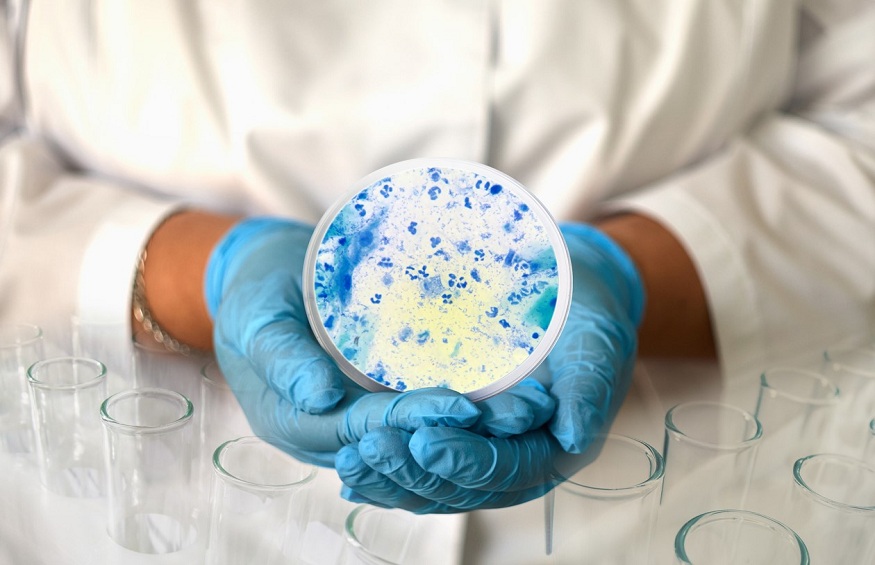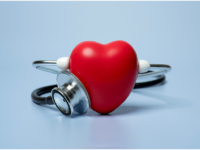Learning more about chlamydia

Chlamydia trachomatis is a bacteria that causes an STI known as chlamydia. Chlamydia can infect anyone, and many people may not know they have it because it frequently produces no symptoms. It can be cured with antibiotics. However, if not treated, chlamydia can lead to major health issues. Here is more about the STI.
Signs of chlamydia infection
In most cases, chlamydia has no symptoms. Consequently, you may not be aware that you have it. However, you can still infect people even if you don’t exhibit any symptoms. Again, you may not exhibit the symptoms immediately after contacting a chlamydia-infected partner. It may take some weeks to spot the following signs:
Indicators for women include:
- Abnormal vaginal discharge, sometimes smelling strongly
- A burning sensation when urinating
- You might experience pain in the lower abdominal (belly) during intercourse
- Nausea and fever if the infection progresses.
Signs for men include:
- Penis discharge
- A burning sensation when peeing
- A swollen testicle
- Rectal discharge, pain, or bleeding if the infection affects the rectum.
How do you get chlamydia?
The most common way people get chlamydia is through sexual intercourse with an infected partner, which could be vaginal, anal, or oral sex. Additionally, if you had chlamydia in the past and got treated, you are likely to contract chlamydia reinfection if you have sex with an infected person. Also, a pregnant mother is likely to infect a child with a chlamydia infection during childbirth.
Another thing to note is that you are likely to get a chlamydia infection if you have unprotected sex with many partners. It is always advisable to use a condom if you have several sexual partners.
Chlamydia diagnosis
Your Healthcare provider can establish chlamydia infection through lab tests or evaluate your symptoms through chlamydia treatment online. You might be asked to give a sample of your urine or given a cotton swab to obtain a sample from your vagina to test for chlamydia.
Chlamydia treatments
Chlamydia is treatable with antibiotics. Antibiotics could be administered once, or you might need to take them daily for seven days. It’s crucial to take every dose of the medication that your doctor has advised. Remember that antibiotics cannot undo the irreversible harm the disease has done.
You should wait until the infection has cleared up before having intercourse with your partner to prevent the spread of the illness. Getting tested again three months after treatment is also crucial since reinfection is common.
What more issues might chlamydia lead to?
Pelvic inflammatory disease (PID) affects women when an infection that has not been treated spreads to the uterus and fallopian tubes. Your reproductive system may suffer long-term harm from PID due to untreated chlamydia infection. Infertility, ectopic pregnancy, and chronic pelvic pain can result from this. Severe reproductive health issues are more likely to affect women with chlamydia infections more than once.
Chlamydia frequently has no adverse effects on a man’s health. However, the epididymis (the tube that transports sperm) may occasionally get infected. Pain, fever, and infertility may result from this.
The take a way
Having protected sex is the perfect way to prevent chlamydia infections.






